Fellows of the AACR Academy: Leadership in Science and Medicine
The AACR is the authoritative source and voice for cancer research because it brings together the greatest minds in the field to focus on its mission to prevent and cure all cancers. This is exemplified by the AACR Academy, which recognizes and honors distinguished scientists whose major scientific contributions have propelled significant innovation and progress against cancer. Elected members of the AACR Academy are referred to as Fellows of the AACR Academy, and these individuals work to amplify the AACR’s voice by engaging with colleagues, policy makers, and the public to catalyze progress against cancer.
New AACR Academy Steering Committee Members Appointed
The AACR Academy is governed by an elected president and Steering Committee. Two new members—Suzanne Cory, PhD, FRS, FAACR, and Elaine Fuchs, PhD, FAACR—were elected to the Steering Committee in 2019, joining AACR Academy President Judy E. Garber, MD, MPH, FAACR, and the other members of the committee in providing sound scientific and policy guidance to AACR leadership.
AACR Academy President (2019–2021)
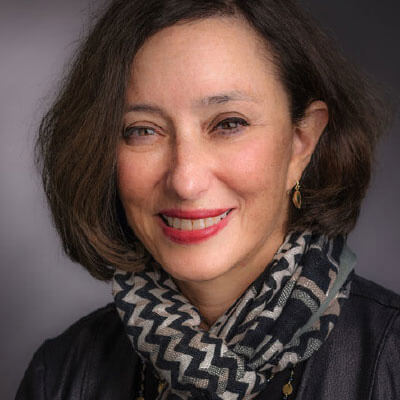
Judy E. Garber, MD, MPH, FAACR
AACR Academy Steering Committee
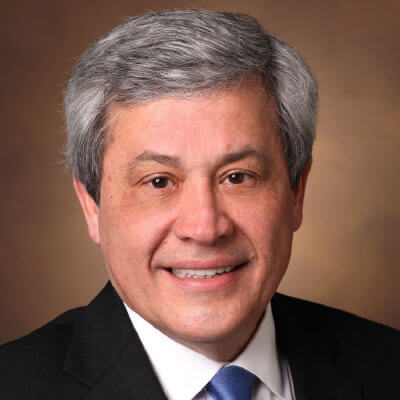
Carlos L. Arteaga, MD, FAACR
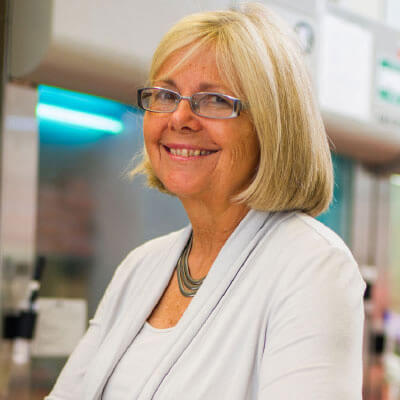
Joan S. Brugge, PhD, FAACR

Michael A. Caligiuri, MD, FAACR
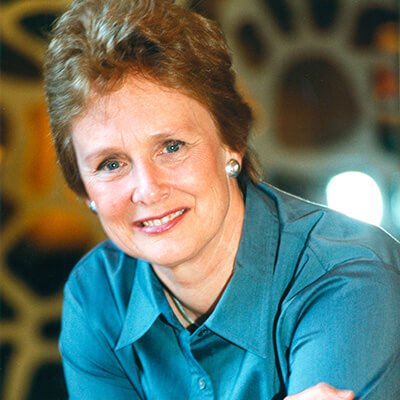
Suzanne Cory, PhD, FRS, FAACR
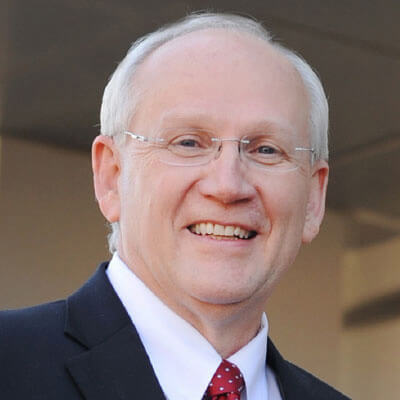
Raymond N. DuBois, MD, PhD, FAACR

Elaine Fuchs, PhD, FAACR
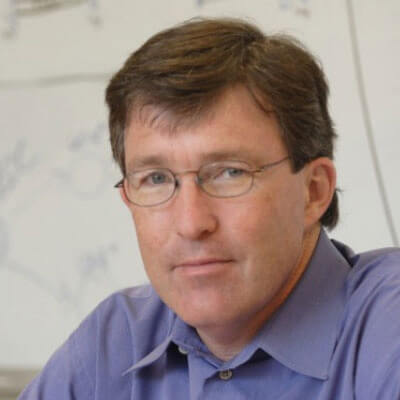
Tyler Jacks, PhD, FAACR
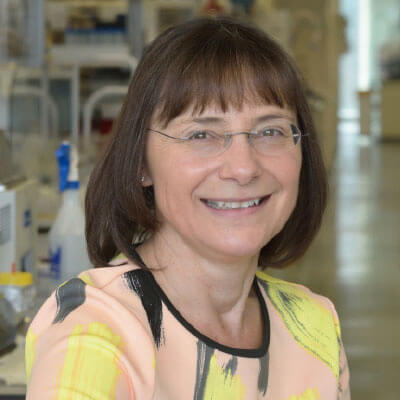
Karen H. Vousden, PhD, FAACR
At a ceremony on the evening preceding the Annual Meeting in Atlanta, Georgia, the 2019 class of Fellows was formally inducted into the AACR Academy.
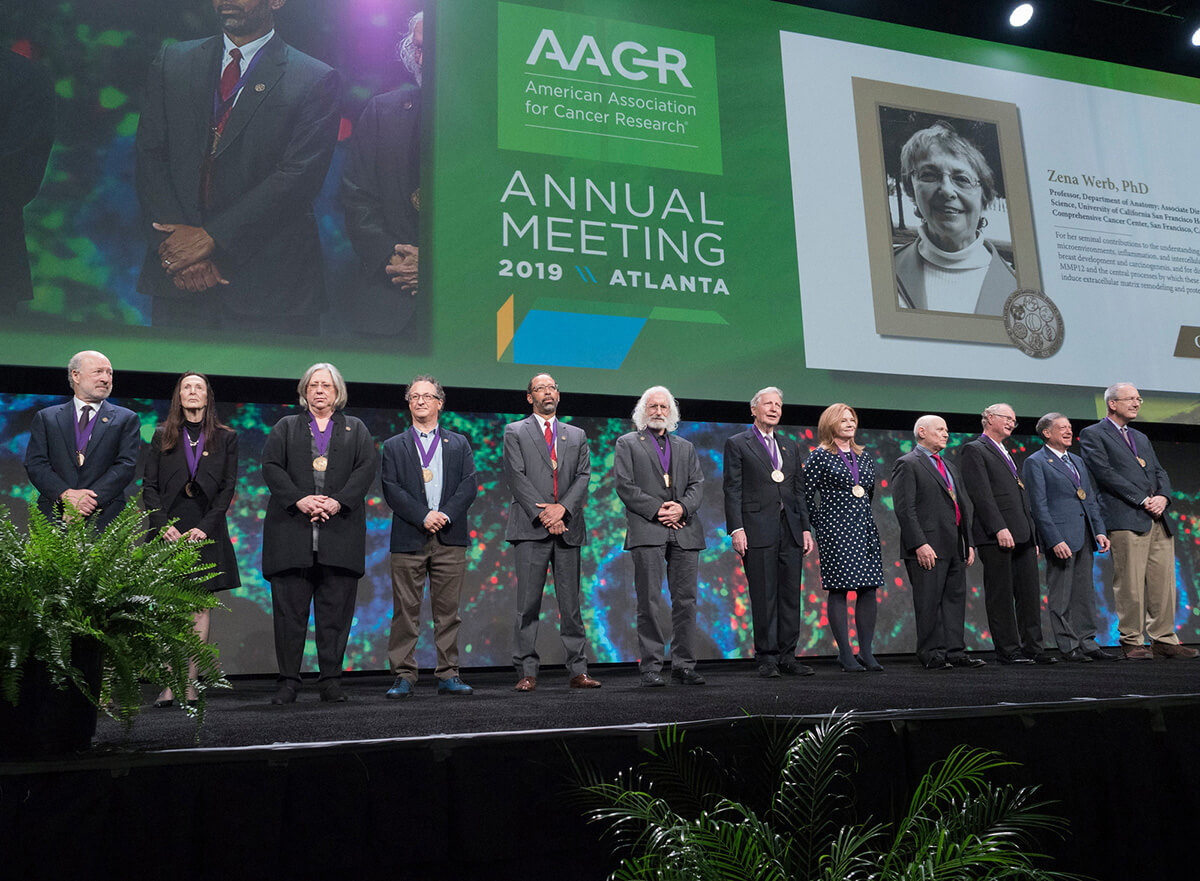
Class of 2019
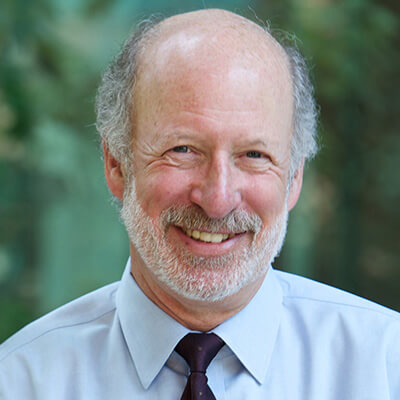
Frederick R. Appelbaum, MD, FAACR
Fred Hutchinson Cancer Research Center
University of California, San Francisco
Seattle, Washington
For pioneering the development of transformative therapies for leukemias, lymphomas, and other blood cancers and for leading the first clinical trial demonstrating the utility of autologous bone marrow transplantation.
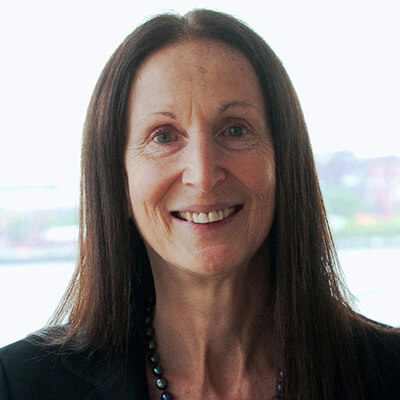
Dafna Bar-Sagi, PhD, FAACR
NYU Langone Health
New York, New York
For delineating the fundamental mechanisms by which Ras oncogenes regulate cellular proliferation, survival, metabolism, and signaling, and for defining Ras-mediated modulation of these processes in pancreatic cancer initiation and progression.

Lisa M. Coussens, PhD, FAACR
Knight Cancer Institute
Oregon Health & Science University
Portland, Oregon
For pioneering studies in the tumor microenvironment and in particular for determining roles for matrix metalloproteinases and immune cells in promoting tumor progression and defining the importance of chronic inflammation in cancer, thus identifying therapeutic targets for intervention.
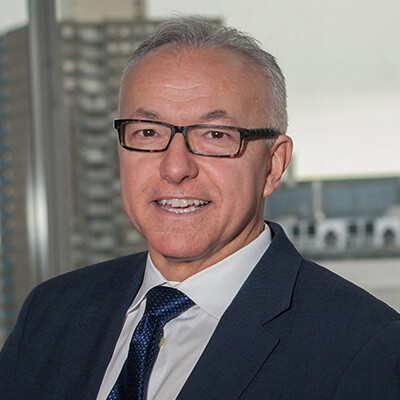
George Q. Daley, MD, PhD, FAACR
Harvard Medical School
Cambridge, Massachusetts
For demonstrating the role of the BCR/ABL oncogene in the pathogenesis of chronic myeloid leukemia and for his creation of pluripotent stem cell-based disease models to improve drug and transplantation therapies for malignant and genetic disease.
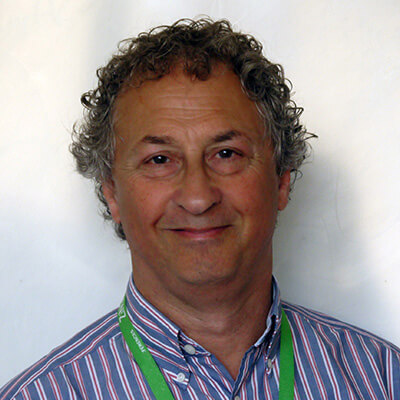
Gerard I. Evan, PhD, FRS, FAACR
University of Cambridge
Cambridge, United Kingdom
For elucidating the molecular dichotomy of the Myc protein as an inducer of both cell proliferation and cell death, and for generating inducible mouse models capable of recapitulating genetic insults commonly observed in cancer.
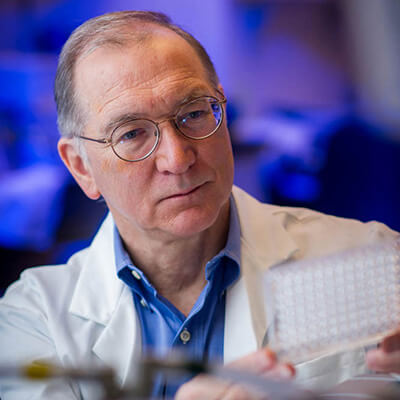
Gordon J. Freeman, PhD, FAACR
Harvard Medical School
Boston, Massachusetts
For groundbreaking contributions to the discovery of the PD-1 signaling pathway and the PD-1 ligands, PD-L1 and PD-L2, and for spotlighting the involvement of this pathway in tumor evasion of immunosurveillance.
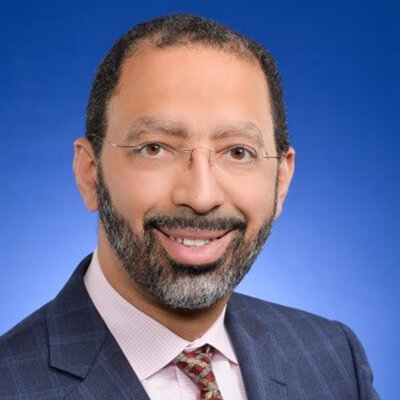
Levi A. Garraway, MD, PhD, FAACR
Lilly Oncology
Eli Lilly and Company
Indianapolis, Indiana
For visionary contributions to the establishment of genomics-driven precision cancer medicine by pioneering high-throughput adaptation of genomic technologies to profile human tumors for actionable cancer gene mutations, allowing for precise patient population stratification.
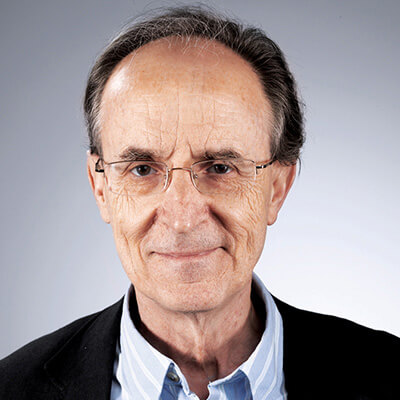
Mel F. Greaves, PhD, FAACR
The Institute of Cancer Research
London, United Kingdom
For highlighting the biological underpinnings of pediatric leukemia onset and clonal evolution, and for demonstrating how exposure to infection and specific genetic mutations correlate with cancer susceptibility and leukemogenesis in pediatric populations.
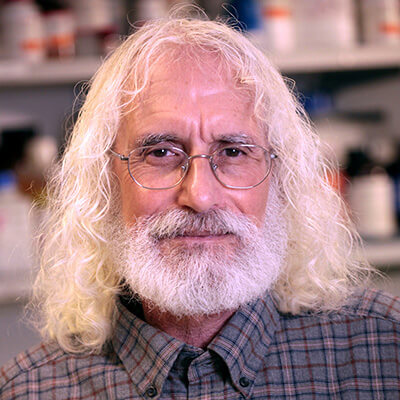
Philip D. Greenberg, MD, FAACR
Fred Hutchinson Cancer Research Center
Seattle, Washington
For revealing the immunobiology of host T cell responses to malignant tumors and pathogenic viral infections and for providing crucial insights into the biological mechanisms by which T cells distinguish tumor cells from normal cells, leading to the development and advancement of adoptive T cell therapy approaches in cancer.
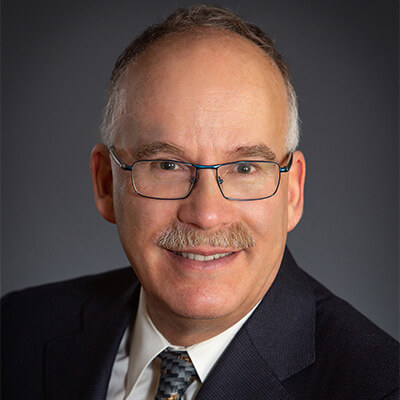
Daniel A. Haber, MD, PhD, FAACR
Massachusetts General Hospital Cancer Center
Harvard Medical School
Howard Hughes Medical Institute
Boston, Massachusetts
For characterizing EGFR mutations in lung cancer, biological properties of circulating tumor cells in cancer, and WT1 and WTX tumor suppressors in Wilms’ tumor, and for contributing to the fundamental understanding of molecular carcinogenesis and drug sensitivity to inform the development of molecularly targeted therapeutics.
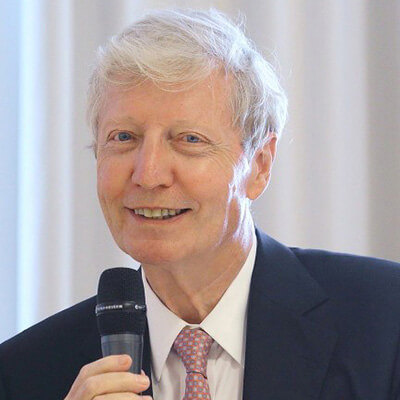
Jules A. Hoffmann, PhD, FAACR
University of Strasbourg Institute for Advanced Study
Strasbourg, France
For his seminal, Nobel Prize winning discovery of the receptors of innate immunity and their roles in detecting microorganisms and subsequently activating signaling pathways controlling innate immune responses.
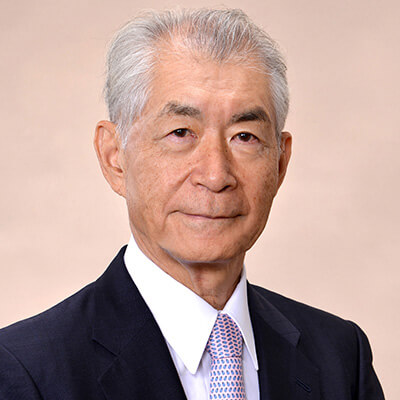
Tasuku Honjo, MD, PhD, FAACR
Kyoto University Institute for Advanced Study
Kyoto, Japan
For his groundbreaking, Nobel Prize winning discovery of the PD-1 protein and its ligands, PD-L1 and PD-L2, and for demonstrating the ability of anti-PD-L1 antibodies to inhibit tumor growth, igniting a renaissance in the examination of the role of the immune system in cancer.
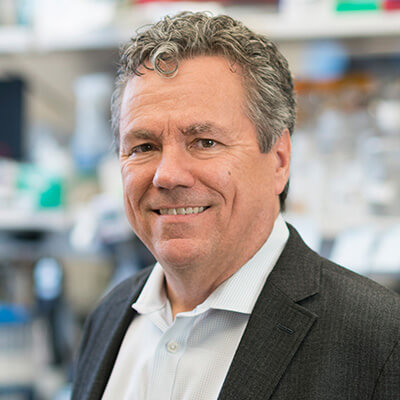
Scott W. Lowe, PhD, FAACR
Memorial Sloan Kettering Cancer Center
Howard Hughes Medical Institute
New York, New York
For illuminating the molecular mechanisms governing tumor suppression and for establishing preclinical mouse models allowing for the genetic validation of cancer targets.
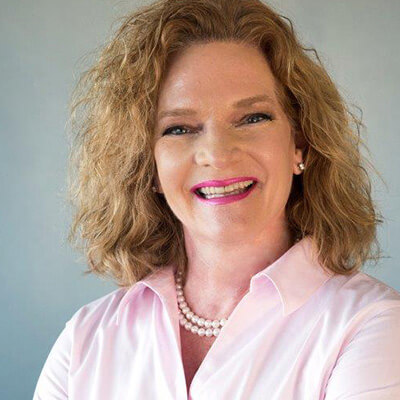
Elaine R. Mardis, PhD, FAACR
Institute for Genomic Medicine
Nationwide Children’s Hospital
Columbus, Ohio
For her trailblazing efforts to develop and apply next-generation sequencing technologies to the characterization of cancer genomes, toward better defining the landscape of germline and somatic alterations and devising treatment strategies.
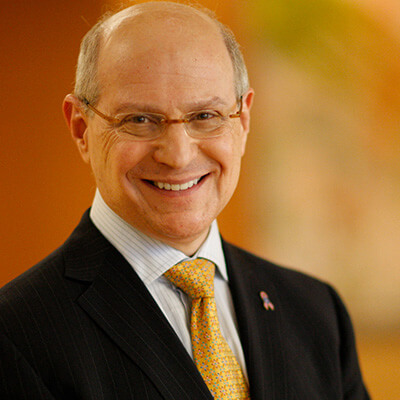
Larry Norton, MD, FAACR
Memorial Sloan Kettering Cancer Center
New York, New York
For his vast contributions to breast cancer management and clinical cancer research; for constructing mathematical models to predict tumor growth based on Gompertzian growth kinetics, leading to improved understanding of the functional relationship between chemotherapeutic dose, tumor size, treatment sensitivity, and dose schedule; and for exploring the biological etiology of Gompertzian growth leading to new insights regarding the tumor microenvironment.

Moshe Oren, PhD, FAACR
Moross Integrated Cancer Center
Weizmann Institute of Science
Rehovot, Israel
For his pivotal research involving the cloning of the gene that encodes p53, and for his landmark biochemical and biological discoveries that have revealed the basis for the ability of p53 to act as a tumor suppressor, as well as the consequences of p53 inactivation in cancer.
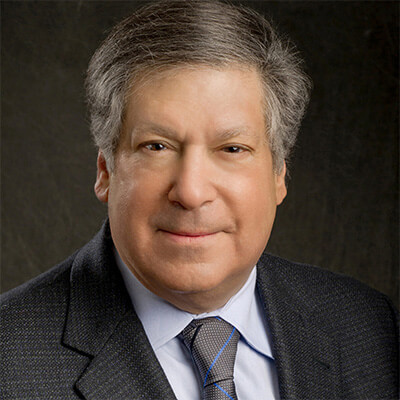
Robert D. Schreiber, PhD, FAACR
Siteman Comprehensive Cancer Center
Washington University School of Medicine
St. Louis, Missouri
For demonstrating that the immune system plays an important role in tumor development by investigating tumor growth in adaptive immune system deficient RAG2 knockout mice, and for developing and championing the concept of “cancer immunoediting,” proving that tumors may escape immune recognition via antigenicity loss.
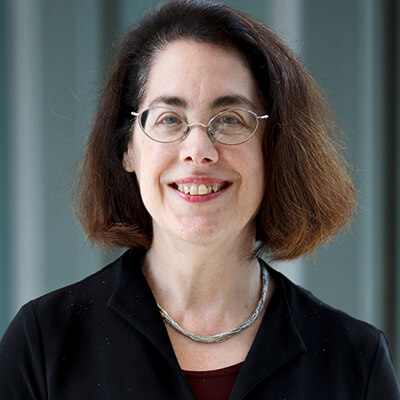
Arlene H. Sharpe, MD, PhD, FAACR
Harvard Medical School
Boston, Massachusetts
For defining how T cell costimulatory and coinhibitory molecules and pathways regulate immune responses, and for demonstrating that T cells are required not only to activate antimicrobial and antitumor immunity, but also to repress immune responses to combat tissue transplantation rejection and autoimmune disease.
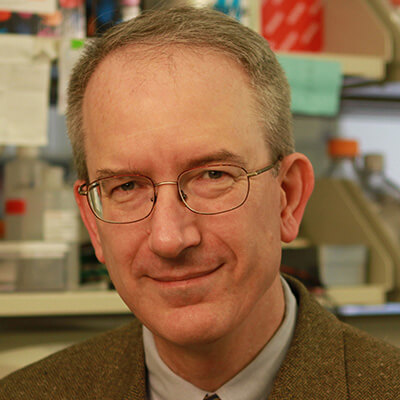
Louis M. Staudt, MD, PhD, FAACR
National Cancer Institute
Bethesda, Maryland
For dissecting the fundamental nature of B cell lymphoma biology and human lymphoid malignancies, and for highlighting how gene expression profiling may be used to identify distinct cancer types and subtypes, leading to the use of RNAi technologies to develop novel targeted therapeutics for the treatment of hematologic malignancies.
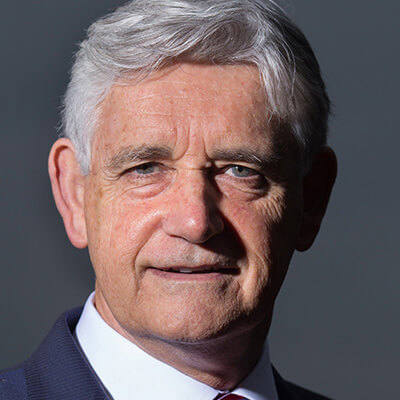
Bruce W. Stillman, PhD, FAACR
Cold Spring Harbor Laboratory
Cold Spring Harbor, New York
For discovering the human origin recognition complex and prereplication complex proteins responsible for orchestrating DNA replication, and for further elucidating the mechanisms by which DNA and chromatin are effectively replicated, defining how genetic material is transferred, and how aberrations in replication may contribute to cancer.
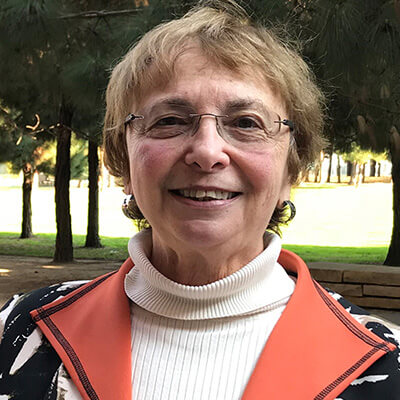
Zena Werb, PhD, FAACR
University of California San Francisco Helen Diller Family Comprehensive Cancer Center
San Francisco, California
For her seminal contributions to the understanding of cellular microenvironments, inflammation, and intercellular communications in breast development and carcinogenesis, and for discovering MMP3 and MMP12 and the central processes by which these matrix metalloproteinases induce extracellular matrix remodeling and proteolysis.
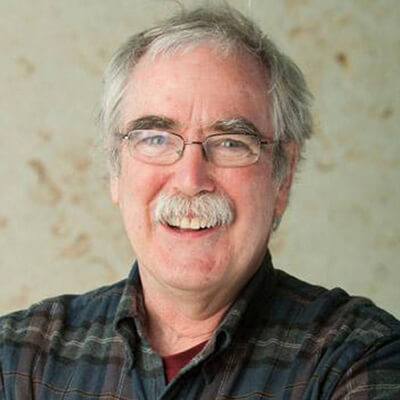
Eric F. Wieschaus, PhD, FAACR
Princeton University
Princeton, New Jersey
For his Nobel Prize winning identification of genes responsible for controlling embryonic development and their impact on tumorigenesis, and for conducting large-scale mutagenesis screens in Drosophila melanogaster to identify genes responsible for embryonic patterning and development.
Scientific Achievement Awards and Lectureships
Progress against cancer is advanced by visionaries—those who move the field forward with groundbreaking discoveries as well as those who provide the necessary leadership to make such discoveries possible. AACR’s robust collection of prestigious Scientific Achievement Awards serves to recognize visionaries of all types, honoring exceptional investigators for their innovative science and extraordinary leaders for their commitment to advancing cancer research.
2019 Award and Lectureship Recipients
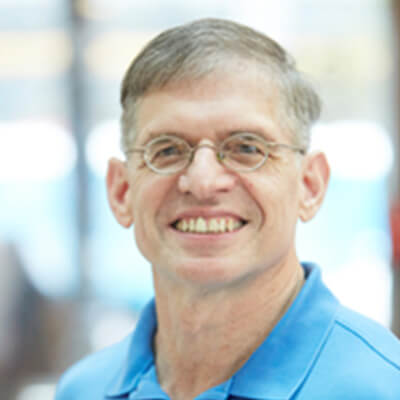
Edward L. Giovannucci, MD, ScD
Harvard T.H. Chan School of Public Health
Boston, Massachusetts
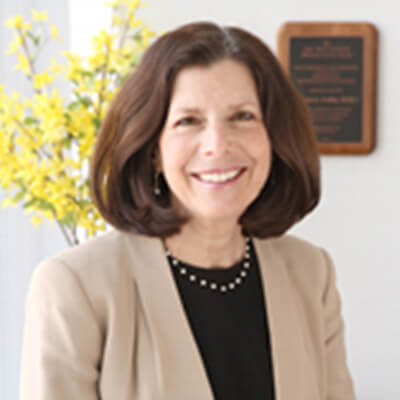
Susan L. Cohn, MD
University of Chicago
Comer Children’s Hospital
Chicago, Illinois
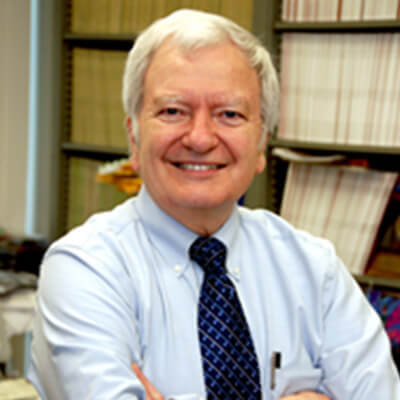
Michael E. Jung, PhD
University of California, Los Angeles
Los Angeles, California
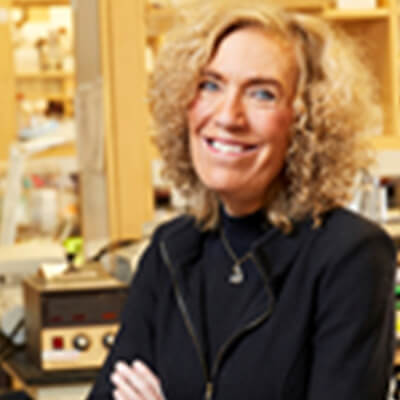
Elaine Fuchs, PhD, FAACR
Rockefeller University
New York, New York
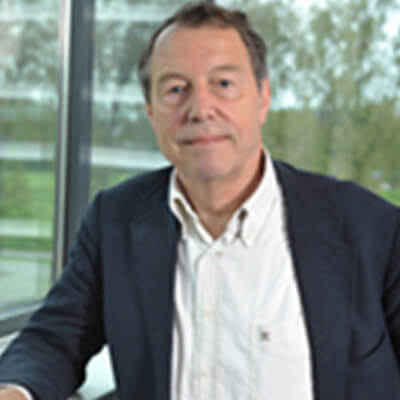
Cornelis J.M. Melief, MD, PhD
Leiden University Medical Center
ISA Pharmaceuticals
Leiden, The Netherlands
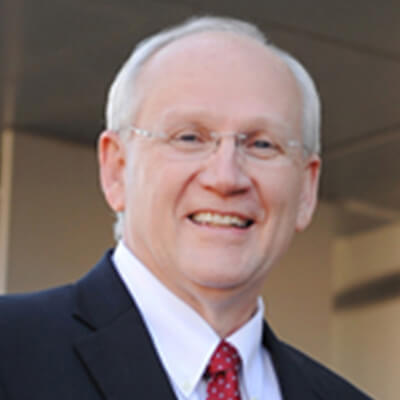
Raymond N. DuBois, MD, PhD, FAACR
Medical University of South Carolina
Charleston, South Carolina
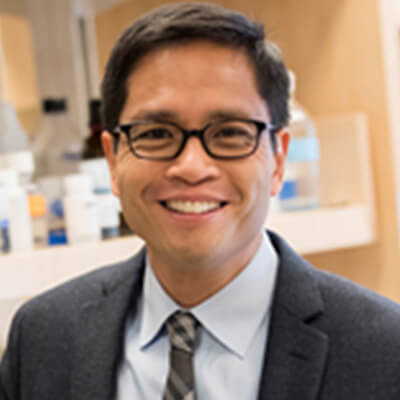
Andrew T. Chan, MD, MPH
Dana-Farber Cancer Institute and Harvard Cancer Center
Massachusetts General Hospital
Boston, Massachusetts
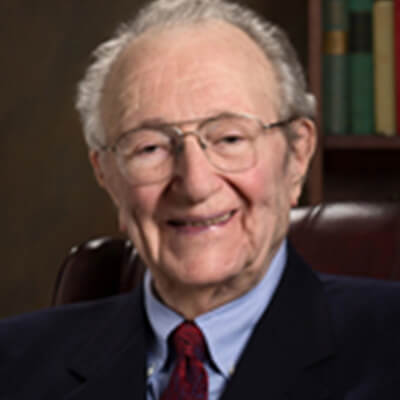
Emil J Freireich, MD, FAACR
The University of Texas MD Anderson Cancer Center
Houston, Texas
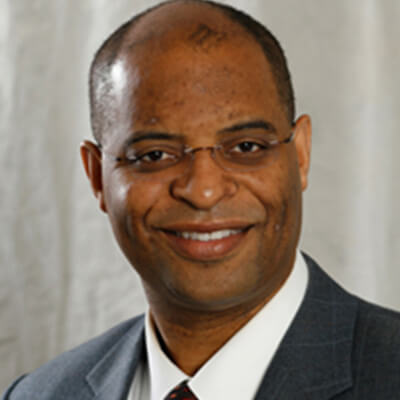
John M. Carethers, MD
University of Michigan
Ann Arbor, Michigan
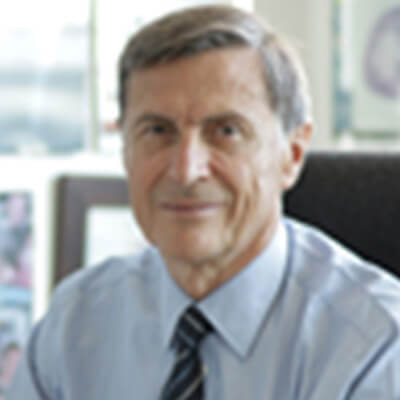
Alberto Mantovani, MD
Humanitas University
Milan, Italy
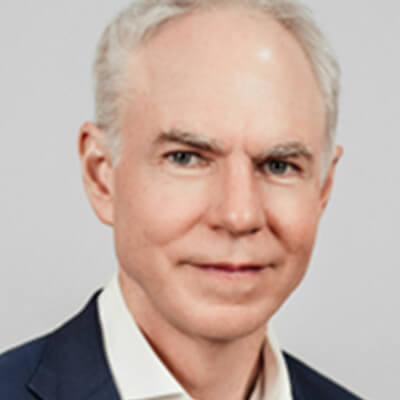
Charles L. Sawyers, MD, FAACR
Memorial Sloan Kettering Cancer Center
Weill Cornell Medical College
New York, New York
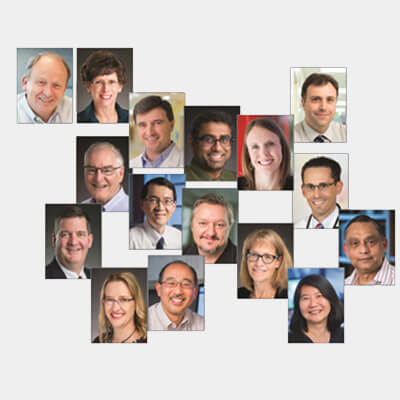
St. Jude Cancer Survivorship Research Team
St. Jude Children’s Research Hospital
Memphis, Tennessee
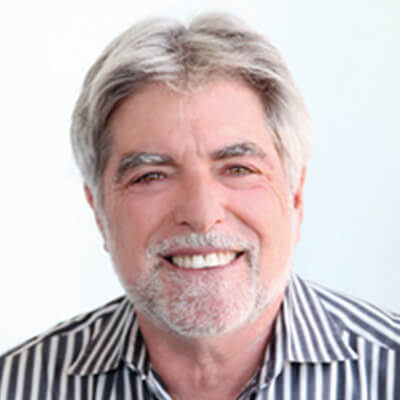
Jeffrey A. Bluestone, PhD
Parker Institute for Cancer Immunotherapy
University of California, San Francisco
San Francisco, California
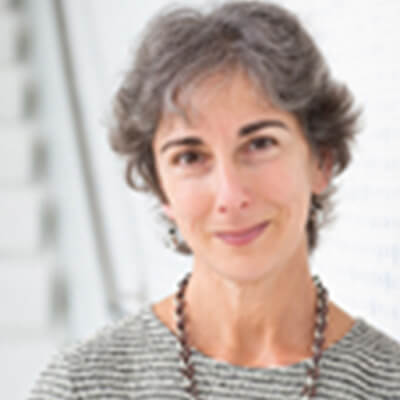
Jennifer R. Grandis, MD
University of California, San Francisco
San Francisco, California
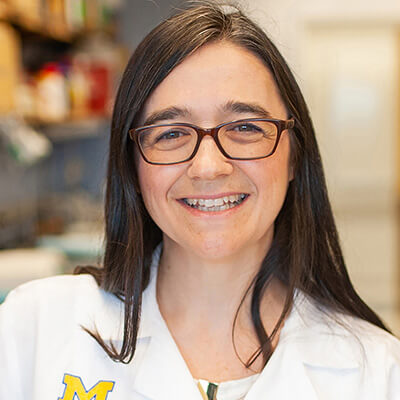
Celina G. Kleer, MD
University of Michigan
Ann Arbor, Michigan
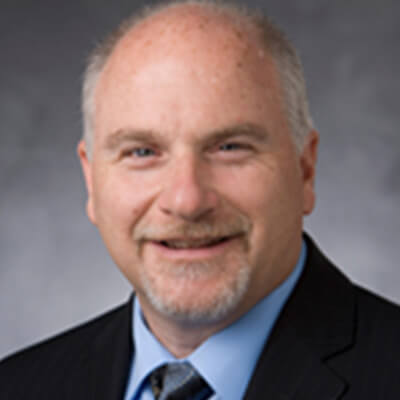
Steven R. Patierno, PhD
Duke Cancer Institute
Duke University Medical Center
Durham, North Carolina
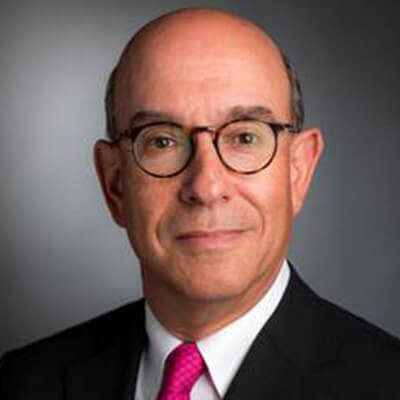
Myles A. Brown, MD
Director, Center for Functional Cancer Epigenetics
Dana-Farber Cancer Institute
Boston, Massachusetts